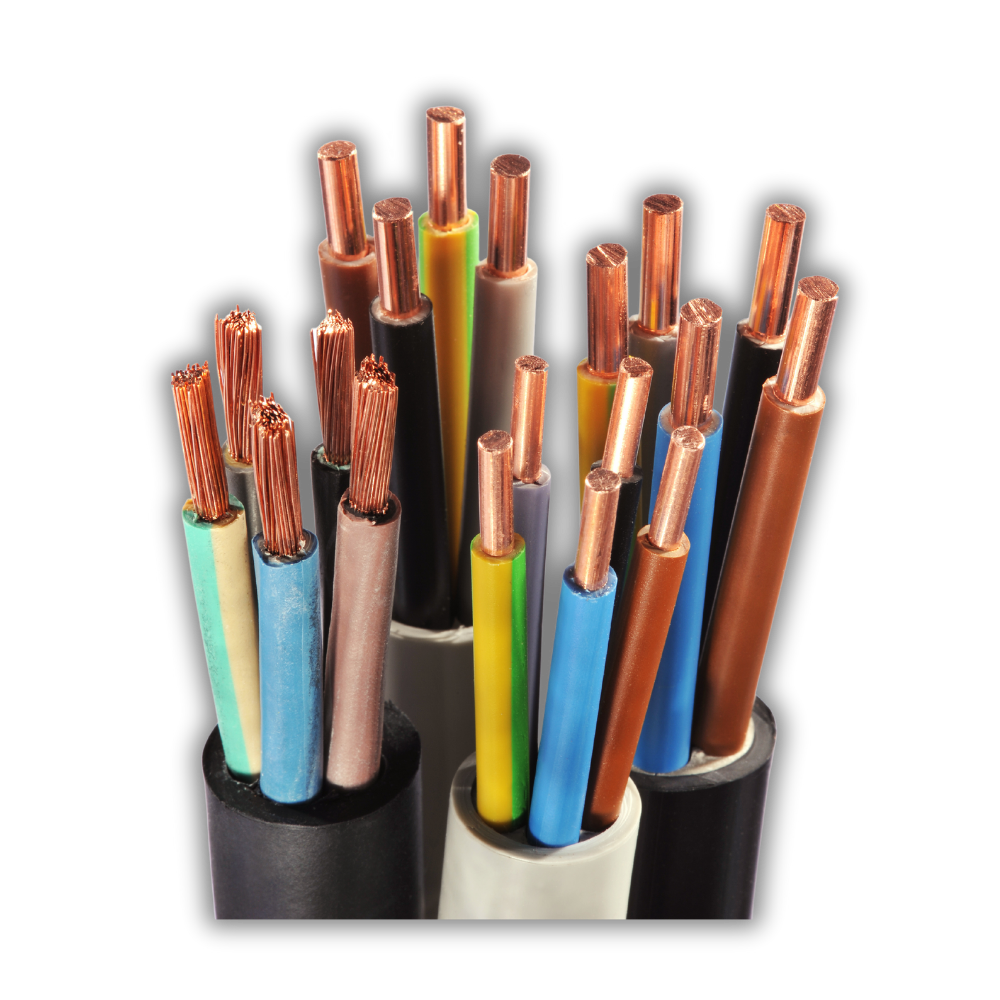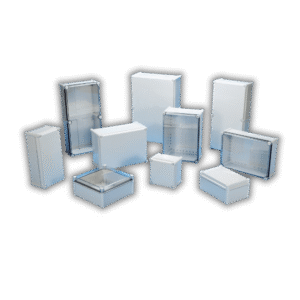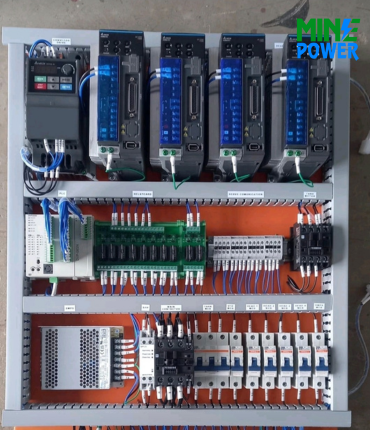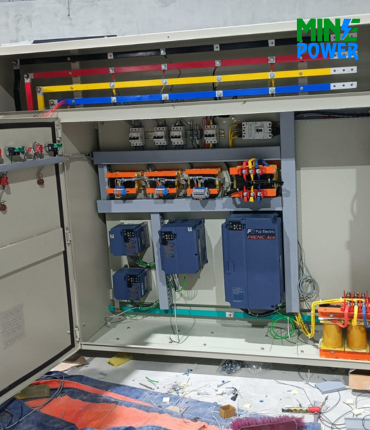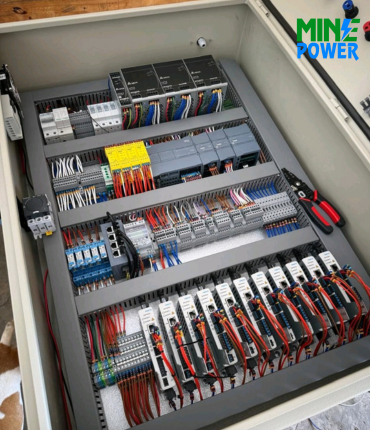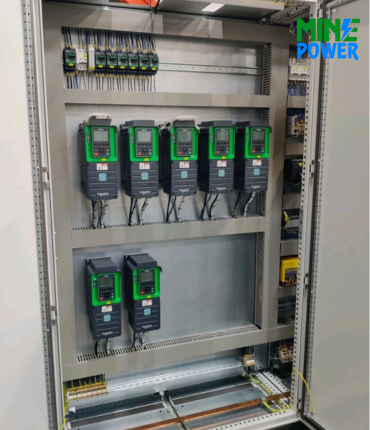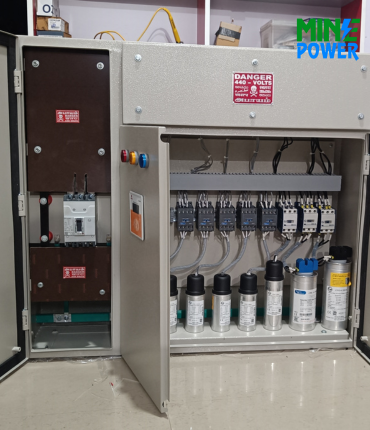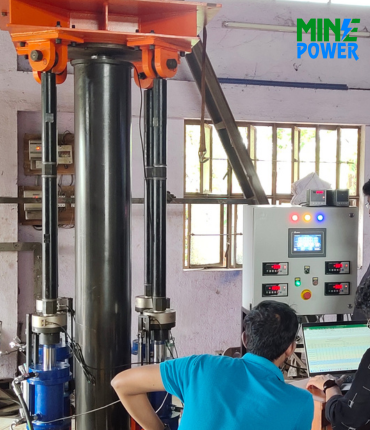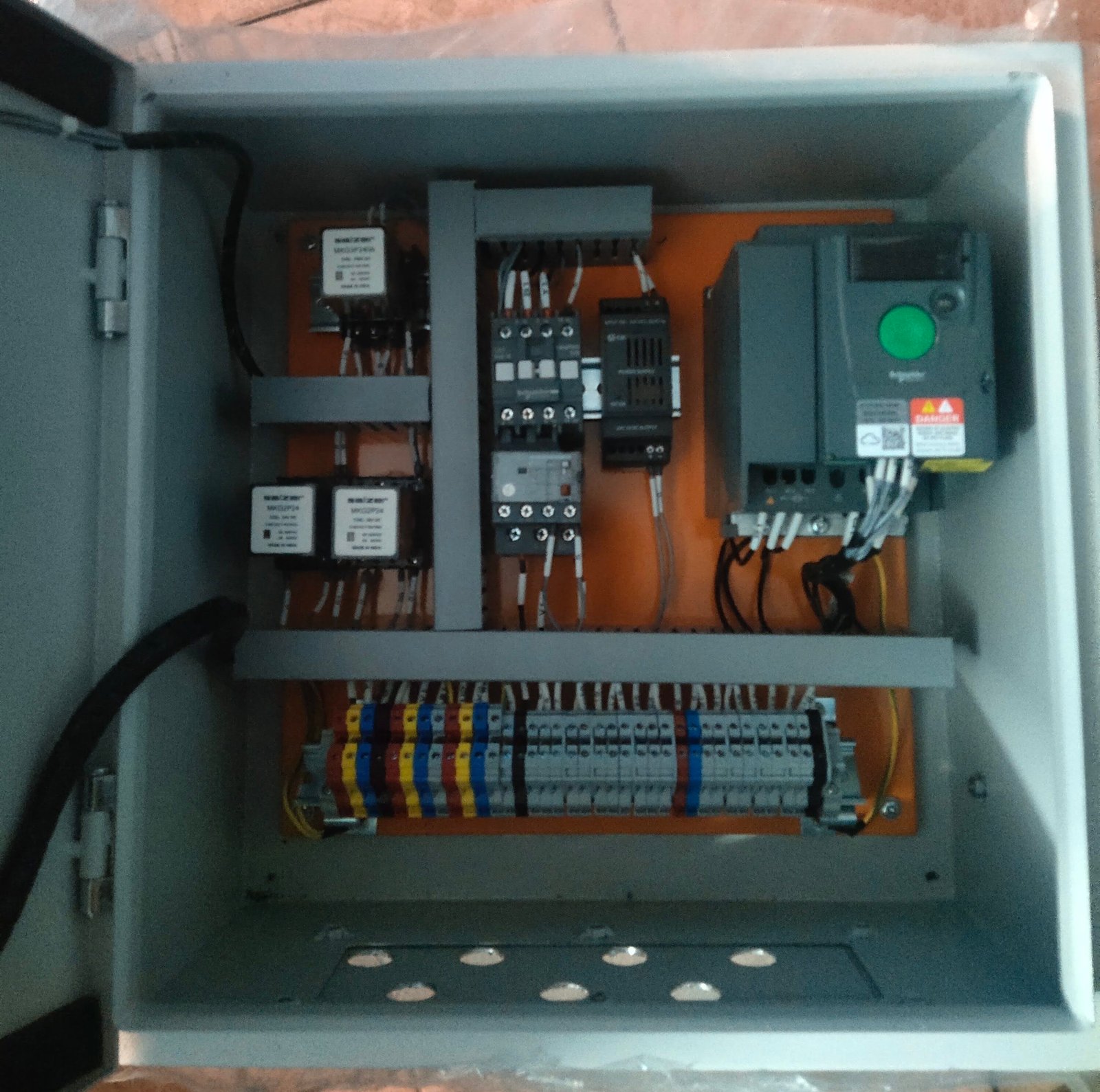Cables provide safe and efficient transmission of power, data, and signals across residential, commercial, and industrial applications. Available in copper, aluminum, and fiber optic types with fire-resistant and armored options.
Description
In electrical terms, a cable is a conductor, usually made of metal wires, that is insulated and often sheathed to carry electrical power or signals. It can be a single wire, but more commonly, it’s a group of wires bundled together within a protective covering.
Cables are essential components for transmitting power, signals, and data across residential, commercial, and industrial applications. Manufactured in copper, aluminum, or fiber optic materials, cables ensure safe and efficient connectivity. They are available in multiple types such as power cables, control cables, instrumentation cables, communication cables, and fiber optics — each designed for specific performance and safety standards.
Key Features
-
Available in copper, aluminum, and fiber optic variants
-
Wide range of voltage ratings (low, medium, and high voltage)
-
Flame-retardant, fire-resistant, and halogen-free options
-
Armored and unarmored constructions for protection
-
Weatherproof, UV-resistant, and moisture-resistant jackets
-
Flexible and durable designs for easy installation
-
Compliance with IEC, ISI, UL, and CE standards
Applications
-
Residential and commercial power distribution
-
Industrial automation and control systems
-
Renewable energy projects (solar, wind, hydro)
-
Oil, gas, and petrochemical industries
-
Data centers and IT networking systems
-
Railways, airports, and transportation infrastructure
-
Telecommunication and fiber optic networks
Specifications
-
Conductor Material: Copper / Aluminum / Fiber
-
Insulation Types: PVC, XLPE, EPR, Rubber, Teflon
-
Voltage Rating: 110V – 33kV and above
-
Temperature Range: -40°C to +125°C
-
Types: Power cables, Control cables, Instrumentation cables, Communication cables, Fiber optic cables
-
Protection: Armored / Unarmored, UV and moisture resistant
-
Compliance: ISI, IEC, UL, CE, RoHS
Advantages
-
Safe and reliable power/data transmission
-
Wide range of types for different applications
-
Fire-resistant and halogen-free options improve safety
-
Long service life under harsh conditions
-
Flexible and easy to install
-
Certified to international standards
Disadvantages
-
Copper cables are costlier than aluminum
-
Fiber optic cables require skilled installation
-
Armored cables are heavier and less flexible
-
Exposure to extreme heat may reduce lifespan


